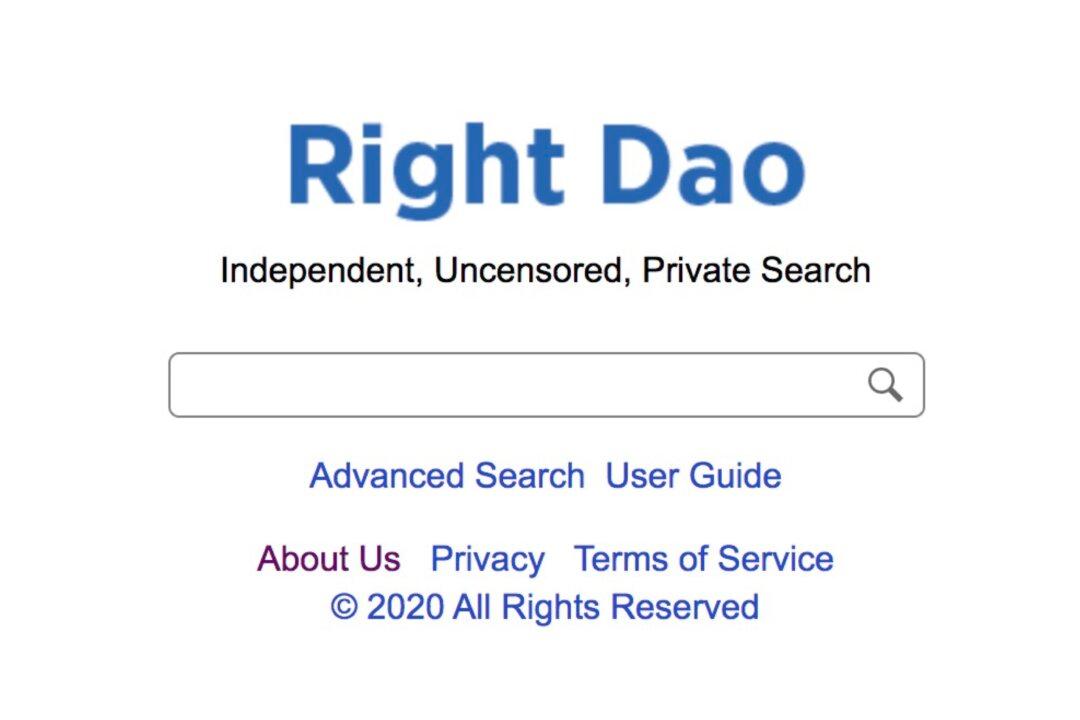Today’s internet search engines have the power to track our personal data and decide what content can be listed as top results. Users are increasingly concerned that big tech companies have an outsized influence on the information they can view, while gathering enormous amounts of data through browser activity.
A group of American programmers has developed a new search engine intended to provide users with unbiased search results—without tracking the users’ IP, search history, and other information.





